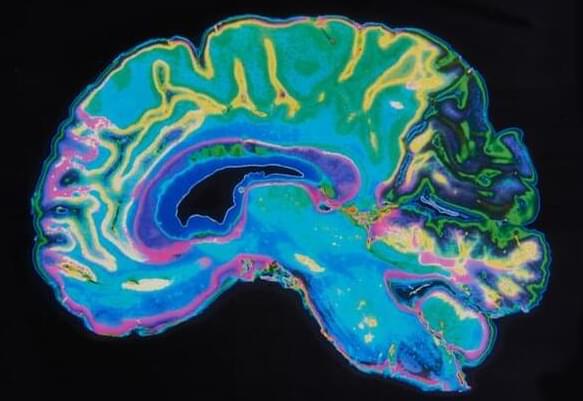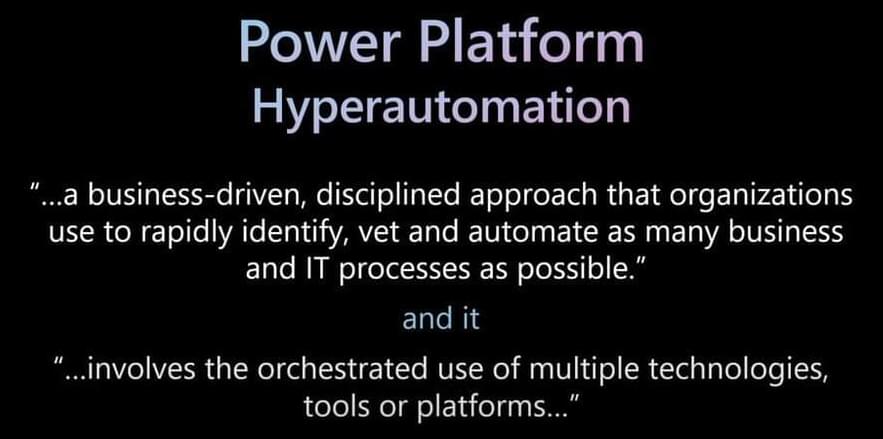
Over the past decade, physicists have repeatedly scrutinized tanks containing tons of liquid xenon, hoping to spot the flashes of light that might indicate a collision between a dark matter particle and a xenon atom (see Viewpoint: Dark Matter Still at Large). Most of these studies were dedicated to detecting so-called weakly interacting massive particles (WIMPs), a leading dark matter candidate with a mass greater than 10 GeV. Now researchers have sifted through a new set of data for a much lighter prize: fermionic dark matter with a mass of a few tens of MeV [1]. Although the team found no signal beyond the expected background level, they have set the strongest constraints yet on models of sub-GeV fermionic dark matter.
The dataset is the first obtained by the PandaX-4T experiment at the China Jinping Underground Laboratory. The PandaX team searched this data for evidence of a beyond-the-standard-model interaction in which a fermionic dark matter particle is absorbed by the nucleus of a xenon atom. After the absorption, the xenon nucleus should recoil while emitting either a neutrino or an antineutrino. The interaction should also cause an energy deposition in the form of photons and electrons, which would register on photodetectors at the ends of the tank. Unlike the scattering of WIMPs, which is predicted to produce a broad-spectrum energy deposition, the absorption by nuclei of fermionic dark matter particles should deposit energy only in a narrow range.
The data collected so far represent the equivalent of exposing 0.6 tons of liquid xenon to hypothetical fermionic dark matter for one year. When PandaX-4T concludes in 2025, it will have achieved a cumulative exposure 10 times greater, generating even stronger constraints on theory.









